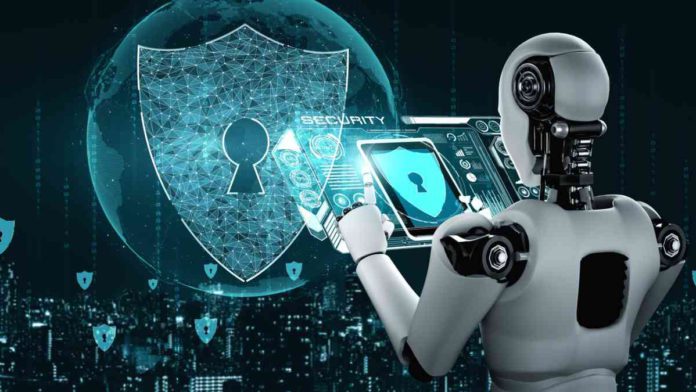South Korean researchers have recently unveiled DarkBERT, a language model exclusively trained on dark web datasets. It was developed in collaboration between the Korea Advanced Institute of Science and Technology (KAIST) and Data Intelligence Organization S2W. DarkBERT utilizes the powerful BERT framework developed by Google.
Unlike popular chatbot models like ChatGPT or Google Bard, DarkBERT has been specifically trained to analyze and interpret data from the dark web.
Researchers developed DarkBERT with the aim of improving cybersecurity measures with the dark web. They fed the AI model a large amount of data for almost 16 days, divided into two sets.
The first set consisted of “raw” data, which was unedited content found on the dark web. The second set, known as the “preprocessed” data, underwent some modifications. Certain elements commonly found on the dark web, such as victim organization names, descriptions of leaked data, and threat statements with sample data, were removed from the preprocessed set. Including raw and preprocessed data offers a comprehensive understanding of the hidden aspects of the internet while maintaining ethical considerations and privacy standards.
Read More: 10 Types of Cyber Attacks You Should Be Aware of In 2023
DarkBERT’s advanced analytical capabilities enable the detection and monitoring of data leaks, ransomware sales, illegal drug trade, and more. By delving into these hidden operations, DarkBERT provides crucial insights to cybersecurity experts, equipping them to combat online wrongdoing more effectively.
While DarkBERT remains inaccessible to the general public, the research team recognizes the importance of academic access to its dataset. Scholars can request access to DarkBERT’s data, facilitating further research and advancements in cybersecurity, all while respecting the sensitive nature of dark web materials.
As we move forward into the future, one thing remains clear—DarkBERT’s influence and impact on the fight against cybercrime is undeniable. It is a beacon of hope, driving the path toward a safer and more secure digital future for all.


